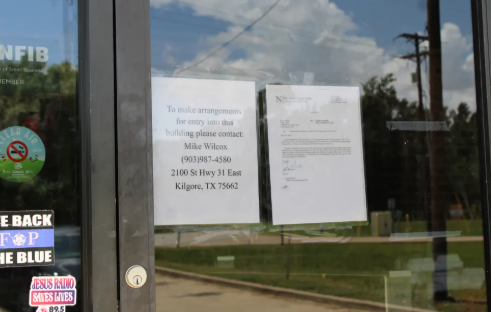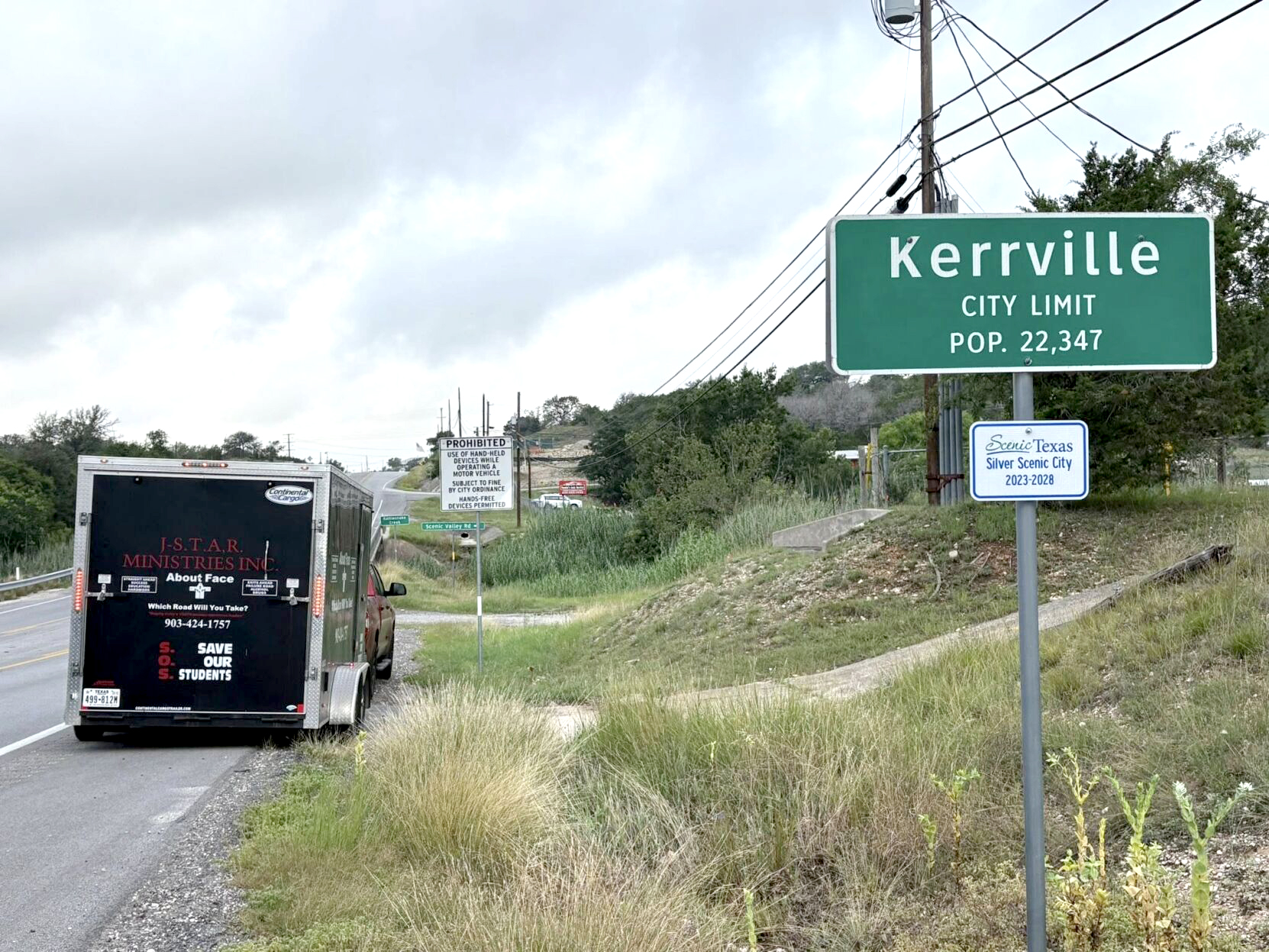Doctor’s disappearance is another example of Zimbabwe’s grim repression
Published 2:12 pm Friday, September 20, 2019
Most people would consider Peter Magombeyi’s activities more than admirable. As president of the Zimbabwean Doctors Hospital Association, Magombeyi has stood up for junior doctors at public hospitals who earn less than $100 a month, struggling against deprivation: triple-digit inflation, a shortage of basic commodities, a severe lack of medicine and funds. He had led junior doctors on strike, but as he put it recently to Voice of America, “The Zimbabwean doctors, they are not on strike, but they simply do not have the means to keep on continuing to report for duty. The will exists, but the means do not. So the doctors are incapacitated and they are not on strike.”
Magombeyi received anonymous warnings to stop his activism, friends said. Then, on Sept. 14, Magombeyi was abducted by three men. He sent a quick text message and his phone went dead.
He is not the first. In the year since President Emmerson Mnangagwa, the successor to Robert Mugabe, won contested elections, the human rights situation in Zimbabwe has remained exceedingly grim. Dozens of pro-democracy campaigners, trade unionists and opposition leaders have been abducted by what are believed to be state security services. Before being released, they have been badly beaten, stripped, threatened or otherwise mistreated. Some never return, like prominent journalist Itai Dzamara, one of Mugabe’s most outspoken critics, who disappeared in 2015.
Mnangagwa, a longtime ally of Mugabe, has presided over a “systematic and brutal crackdown on human rights, including the violent suppression of protests and a witch-hunt against anyone who dared challenge his government,” Amnesty International reported Aug. 26. Rights to freedom of expression, peaceful assembly and association are being increasingly restricted and criminalized, the group said. In August, baton-wielding police attacked peaceful protesters who were demonstrating against meager living conditions.
In January, police killed 15 people who were protesting a hike in fuel prices. Amnesty International also reported torture, rape and mass arbitrary arrests in the crackdown. Witnesses described ill-treatment in detention, including being made to roll in sewage or ashes from burned tires. Since that unrest, The Guardian reported, more than 20 labor activists, campaigners and opposition politicians have been charged with subversion, an offense that could bring a long prison sentence.
Mnangagwa vowed to pull Zimbabwe out of its economic troubles after 37 years of misrule by Mugabe, who died this month. The nation needs a massive bailout, but the harsh repression and lack of reform make it unlikely.
The disappearance of a young doctor is yet another sign Mnangagwa is headed in the wrong direction. Tapiwa Mungofa, head of the Harare Central Doctors Association,told the VOA, “Abductions in this country did not start yesterday. They have been ongoing. We saw other people being badly beaten, others, they did not even come back. … So, at this point in time, we are … saddened and we are very much worried about the whereabouts of our leader.” (Update: The Guardian reported Friday that Magombeyi has been found — disoriented and in pain.)
— The Washington Post






